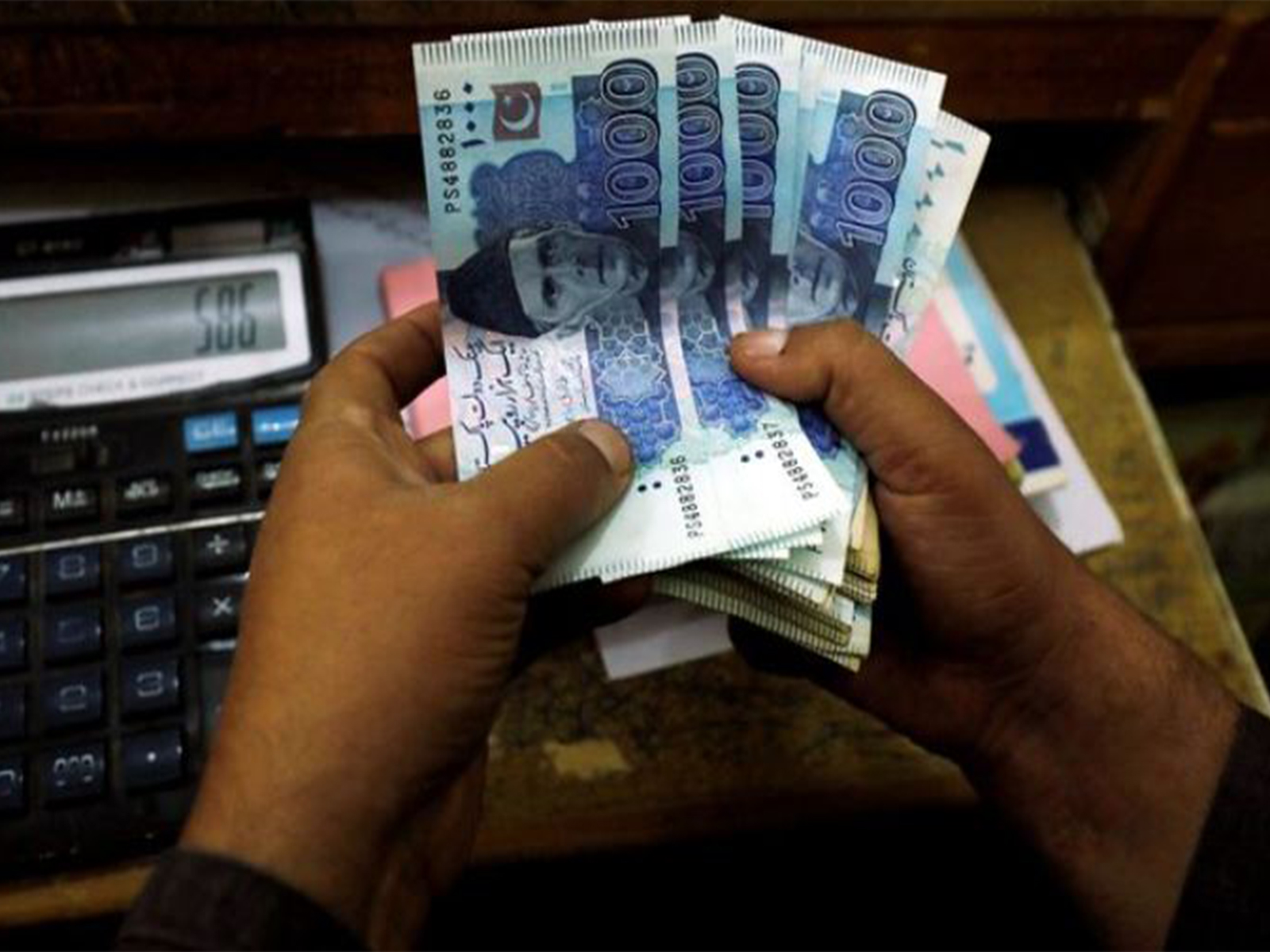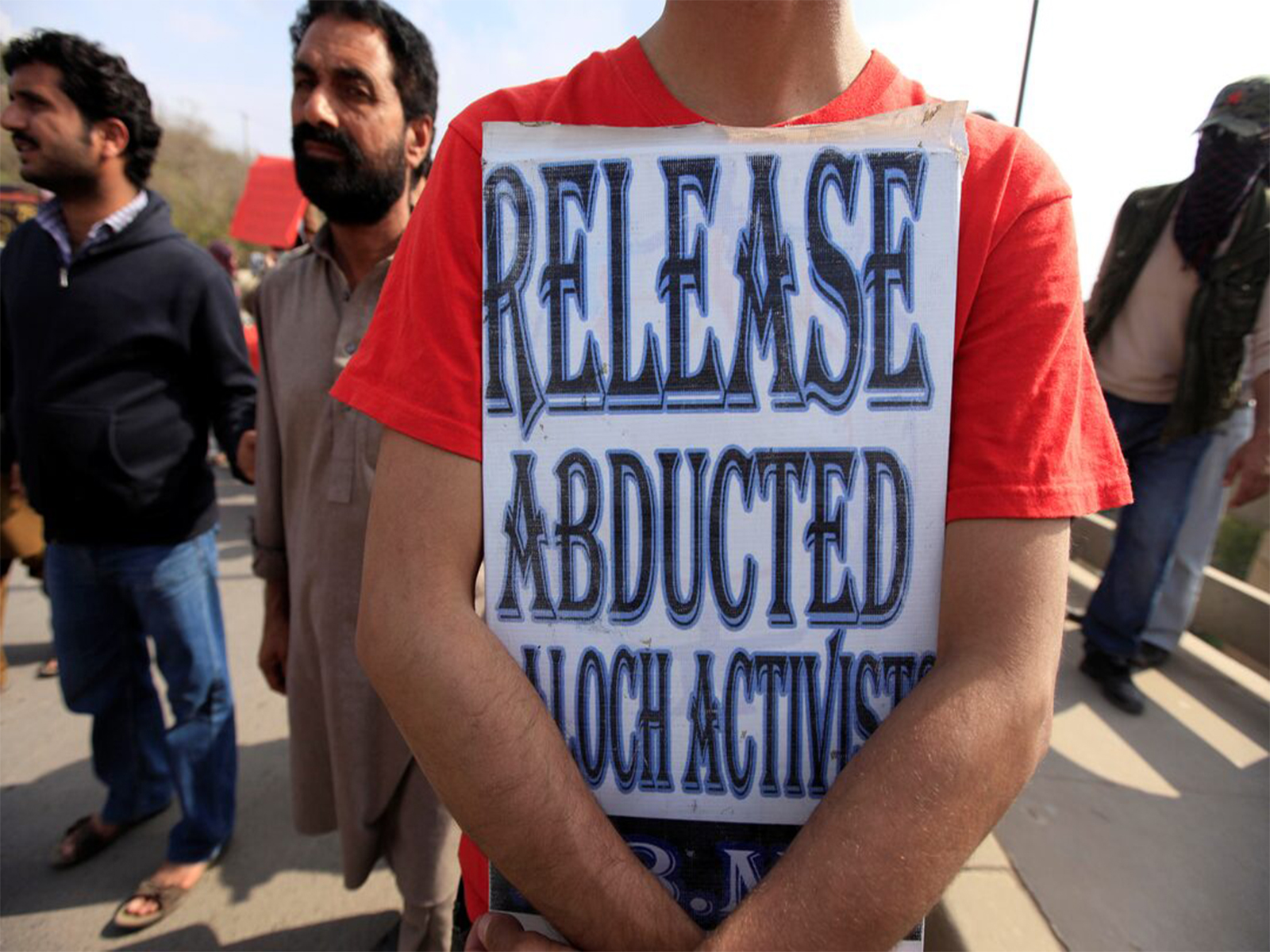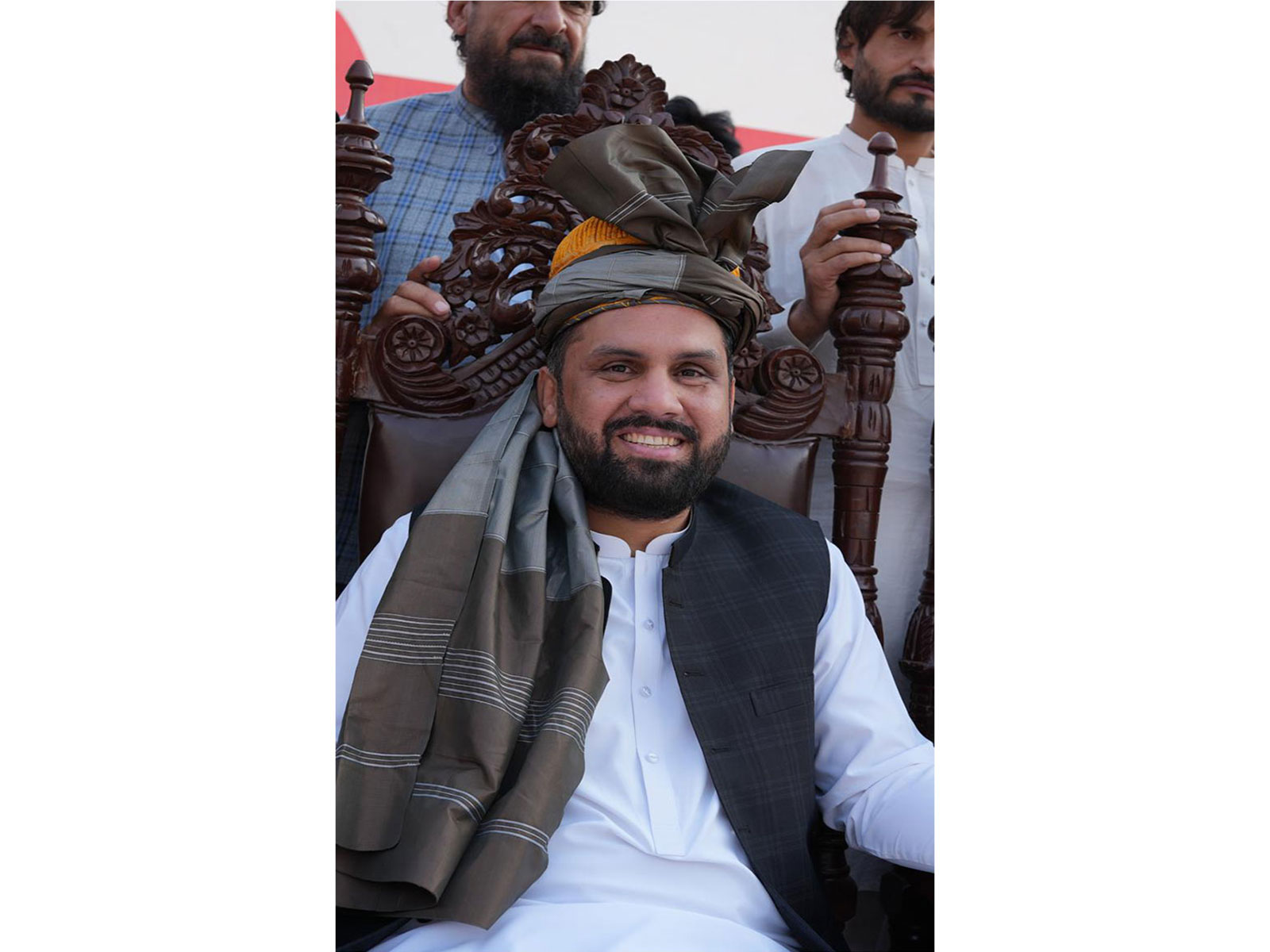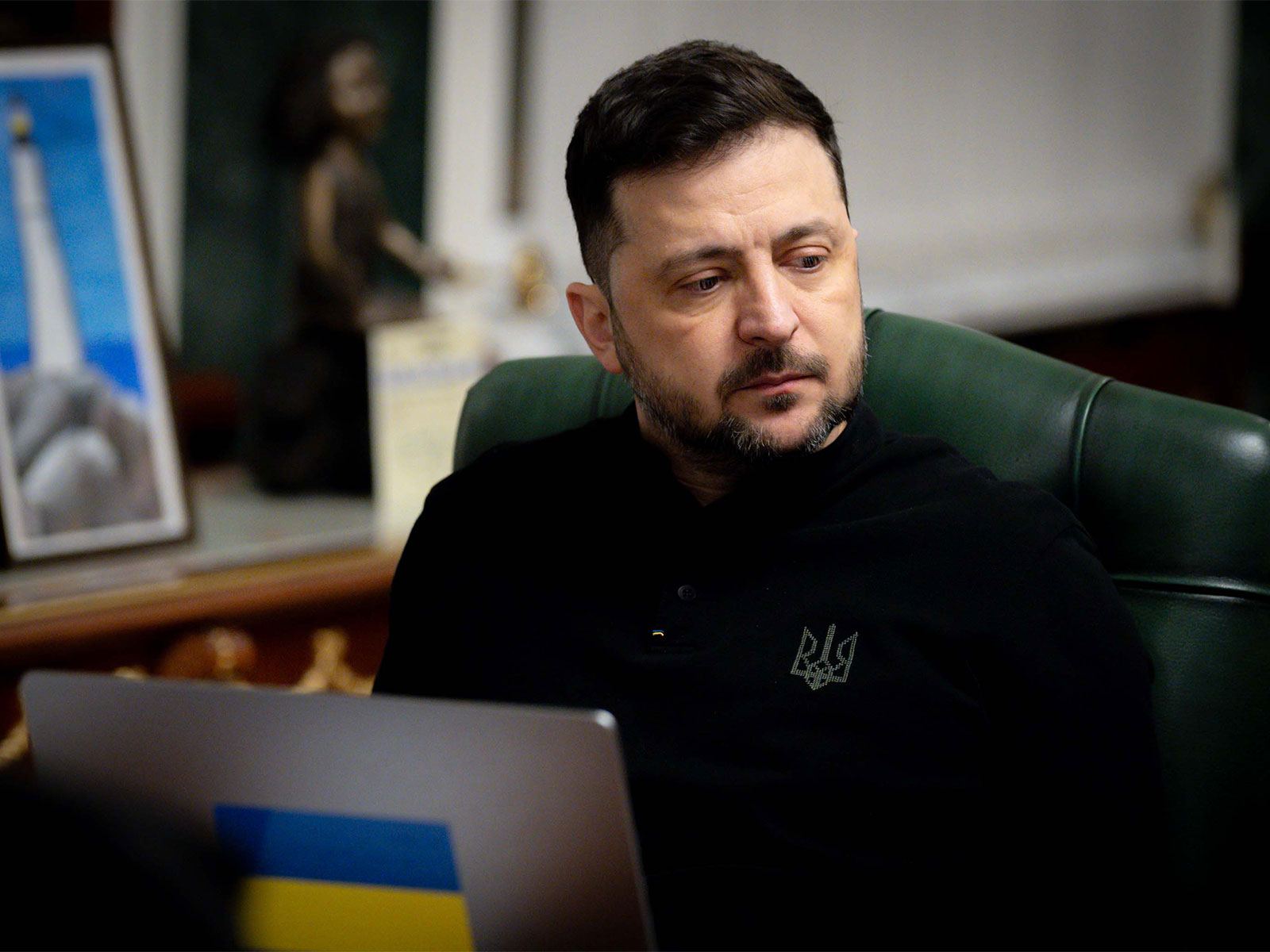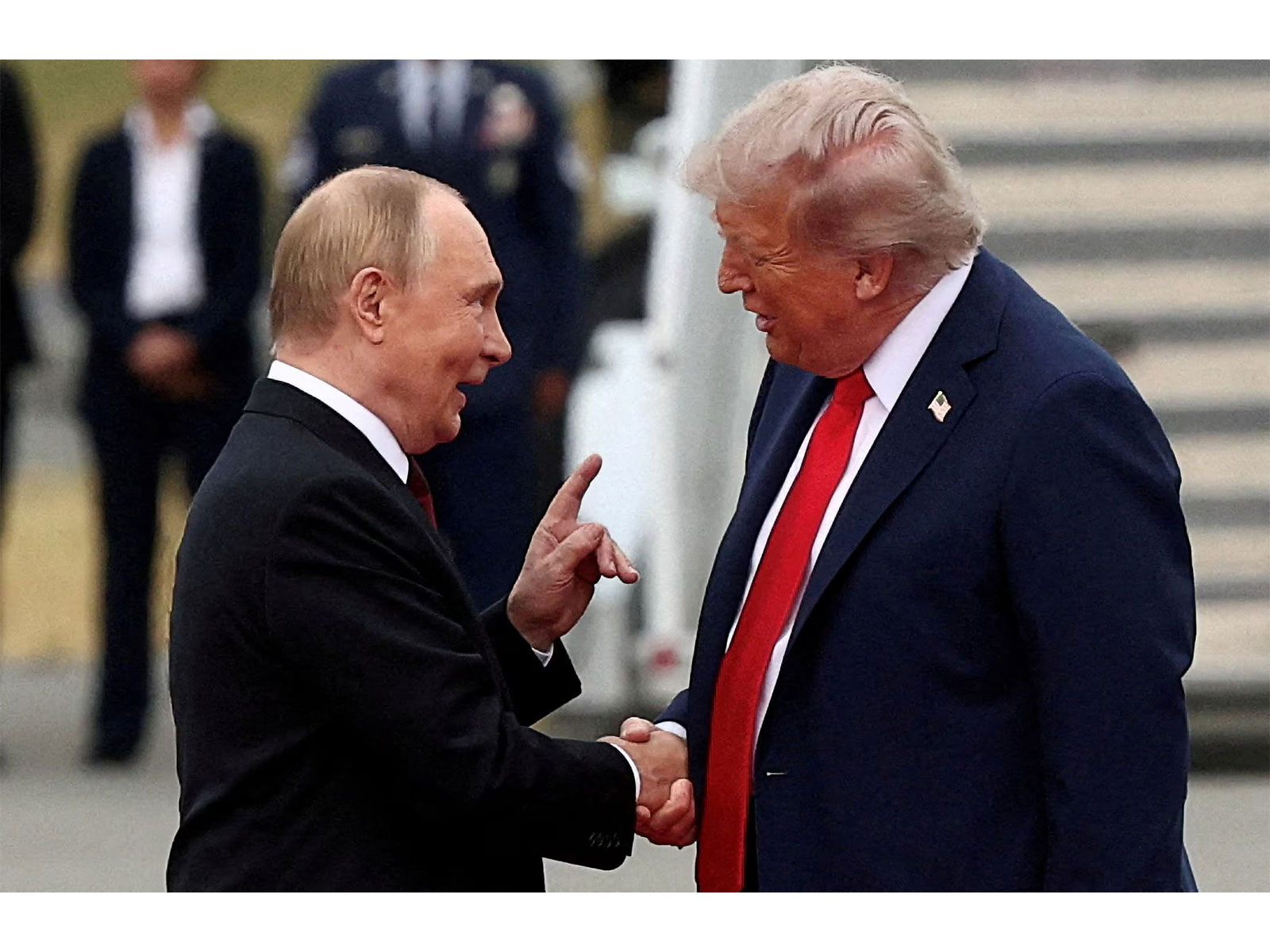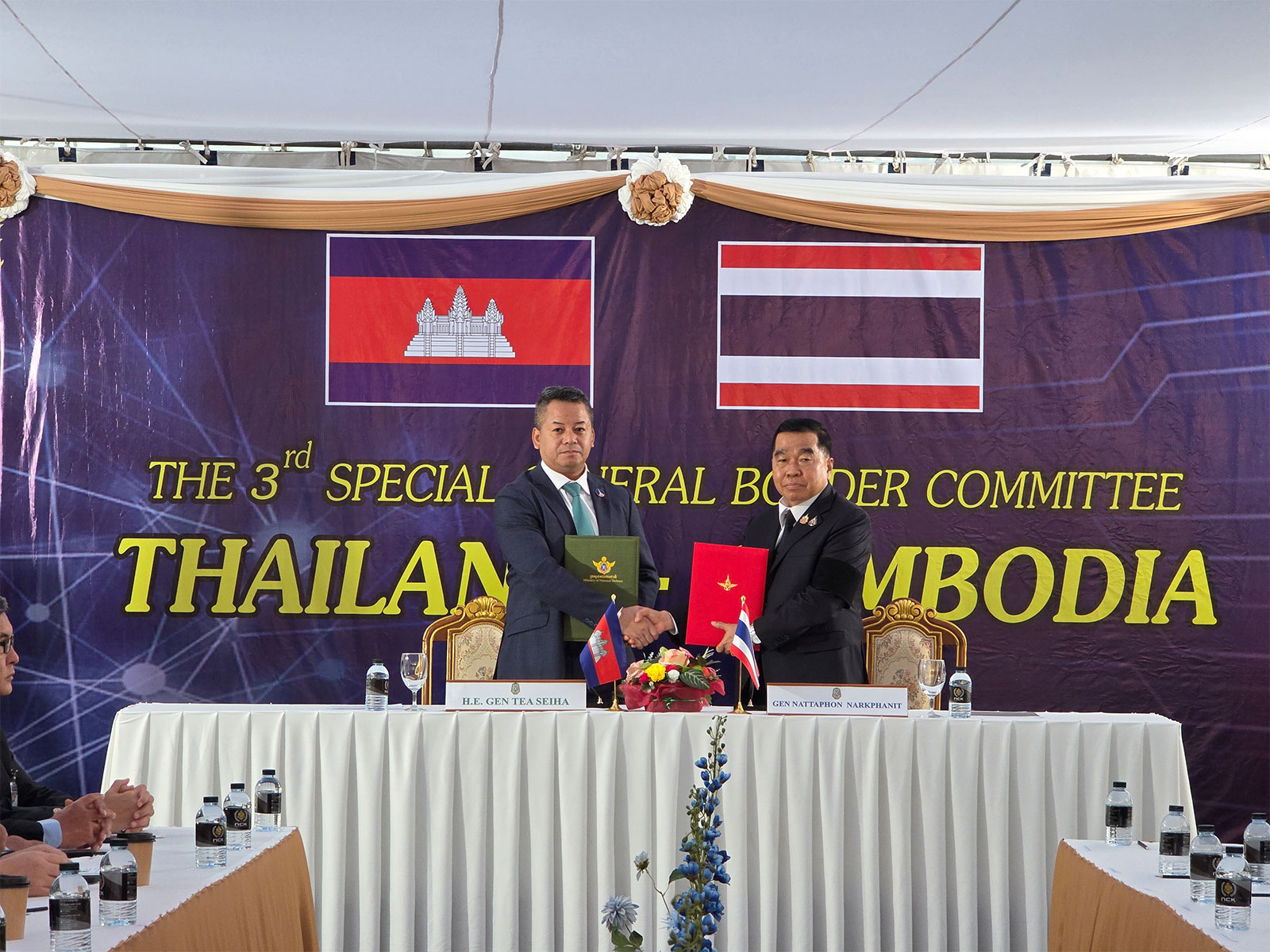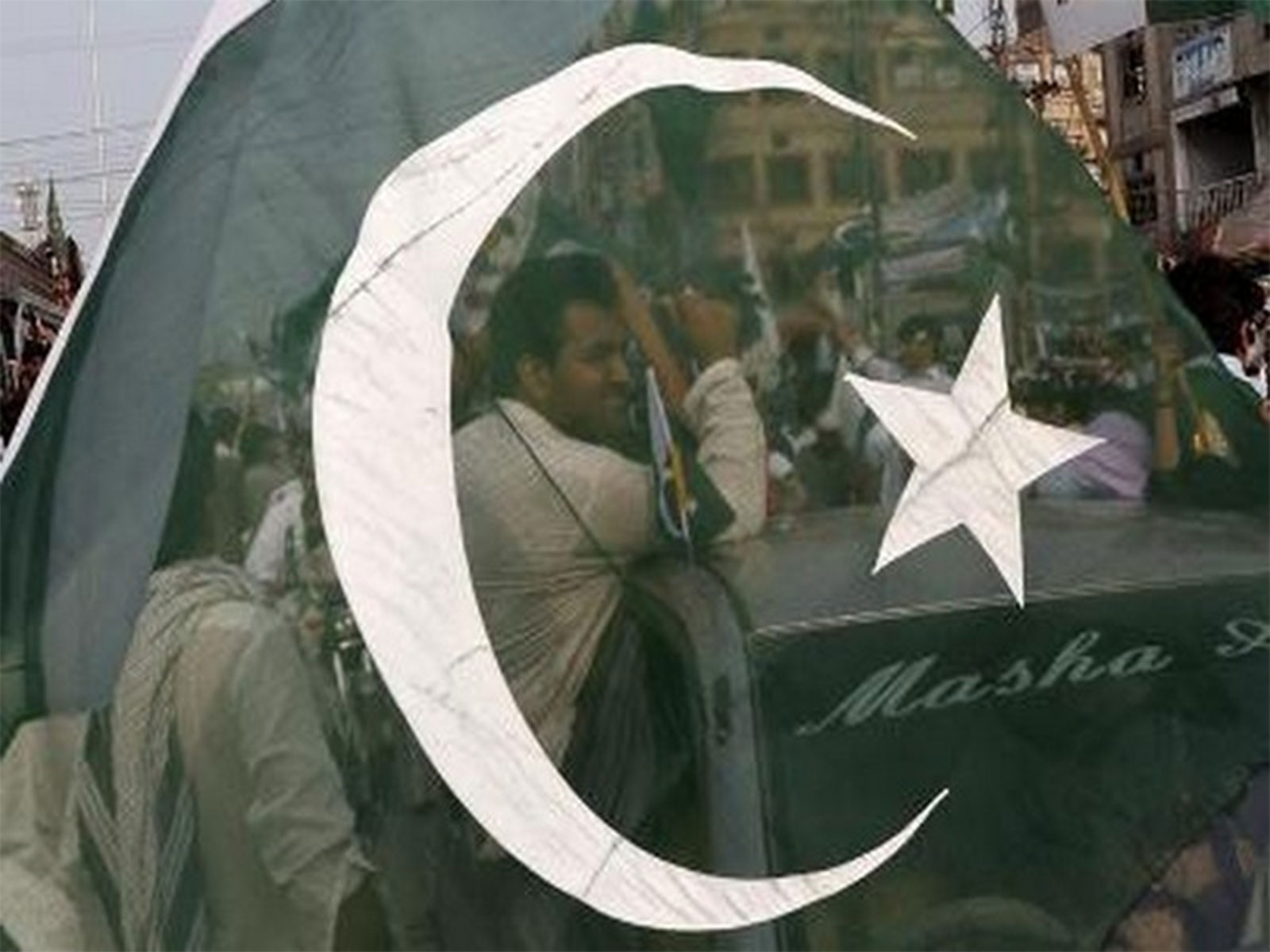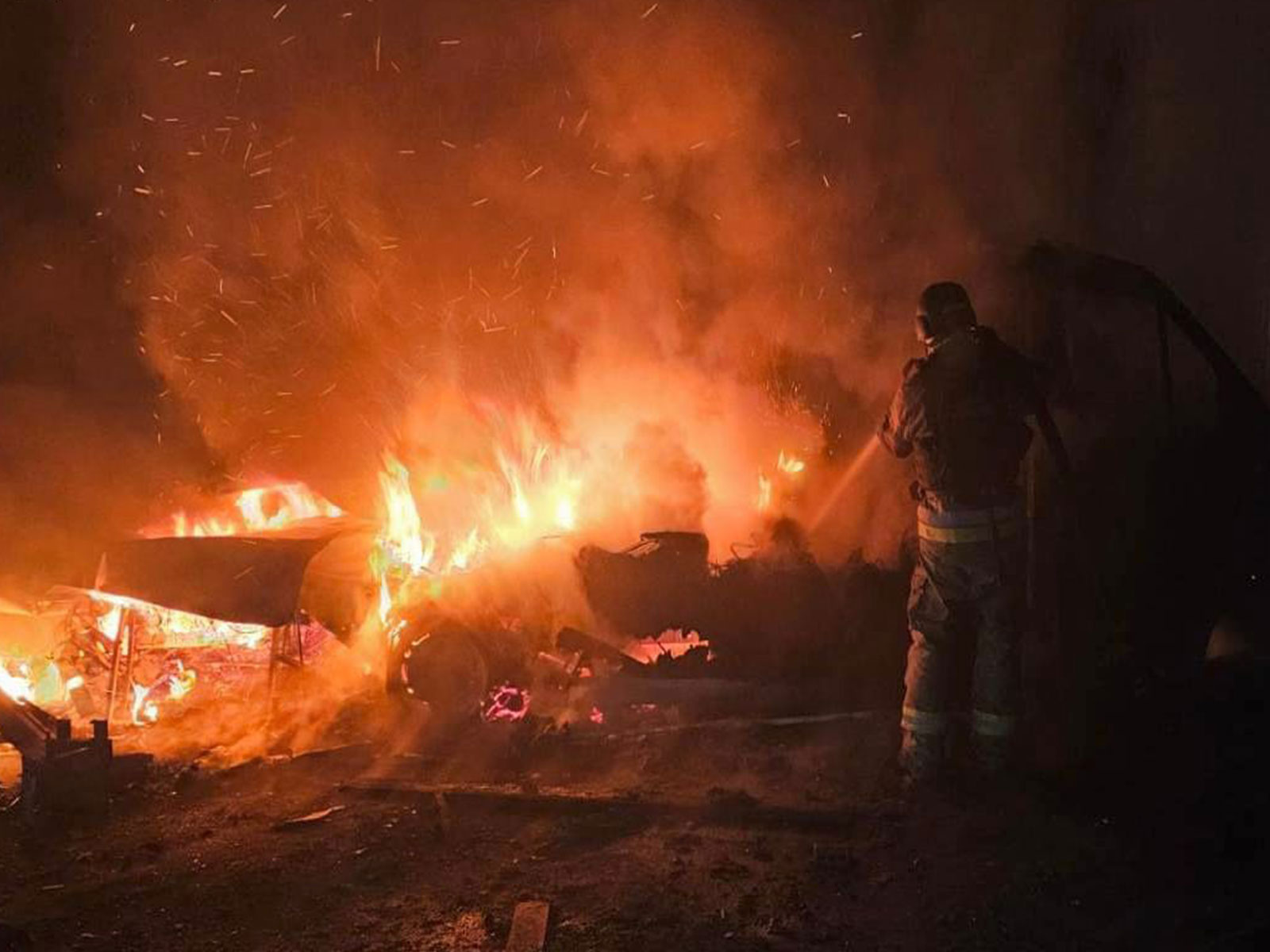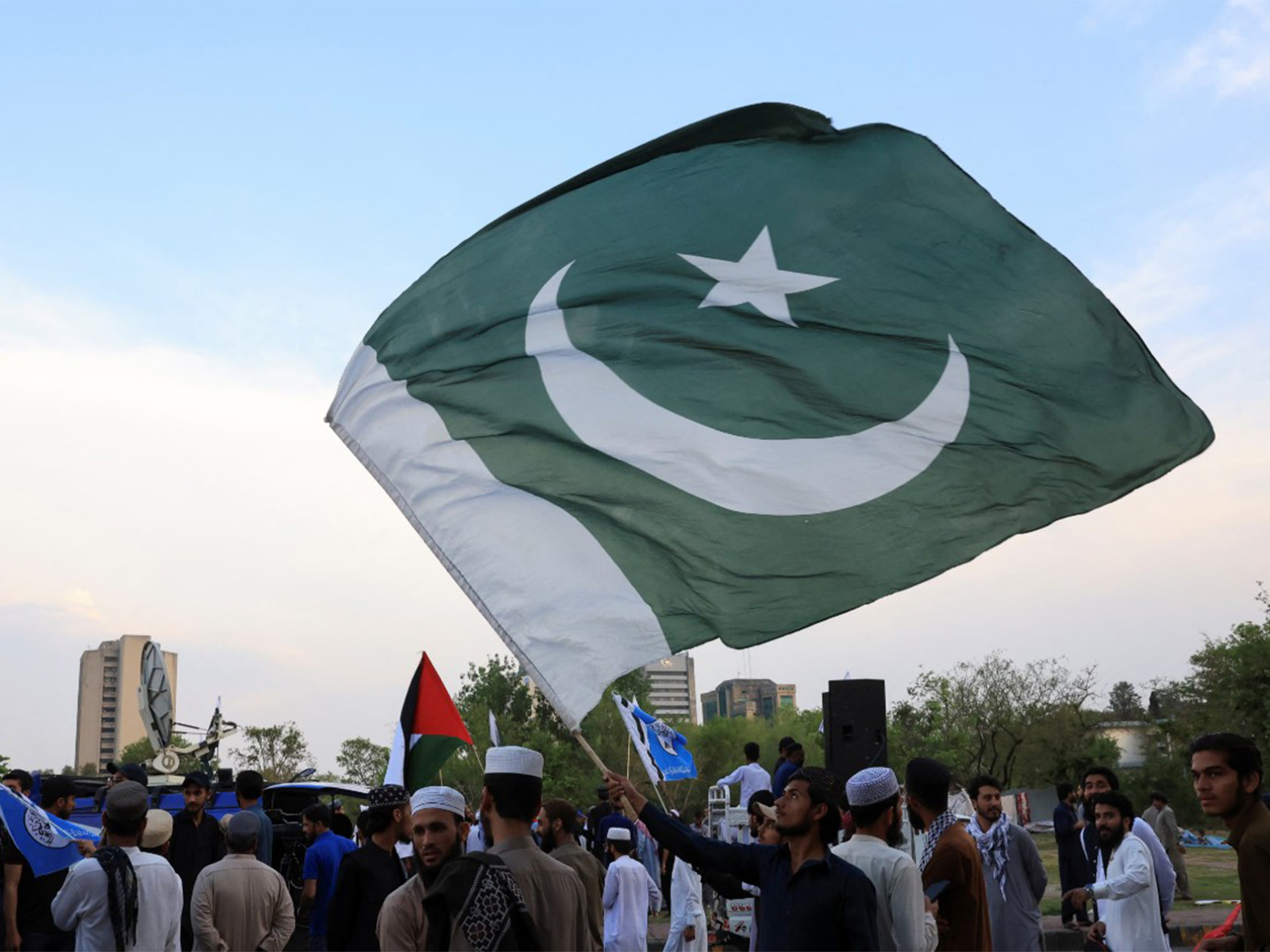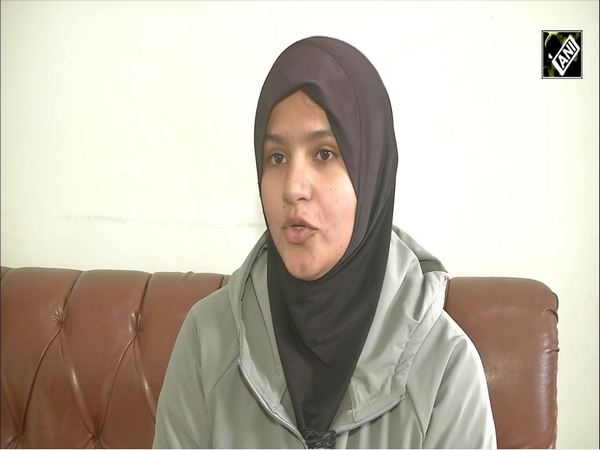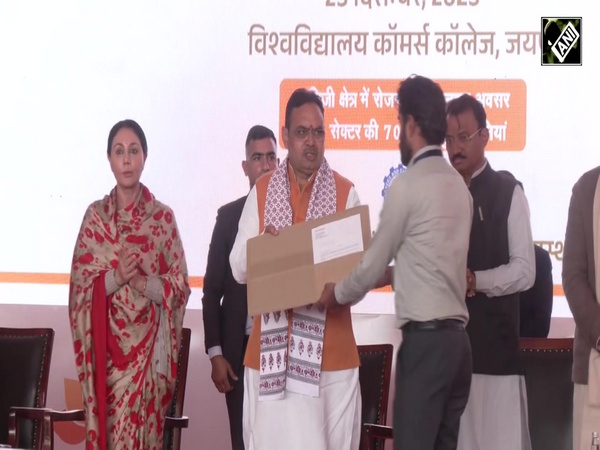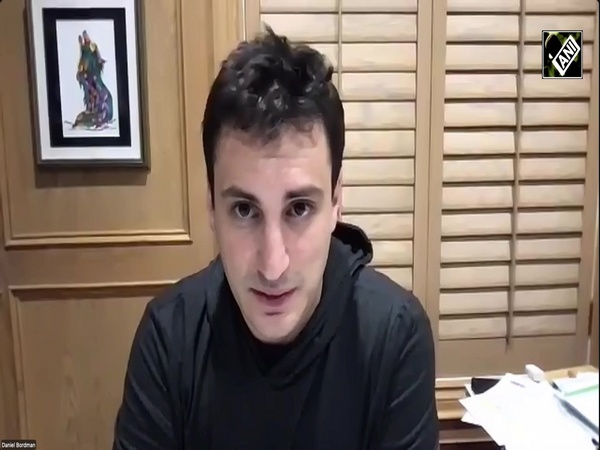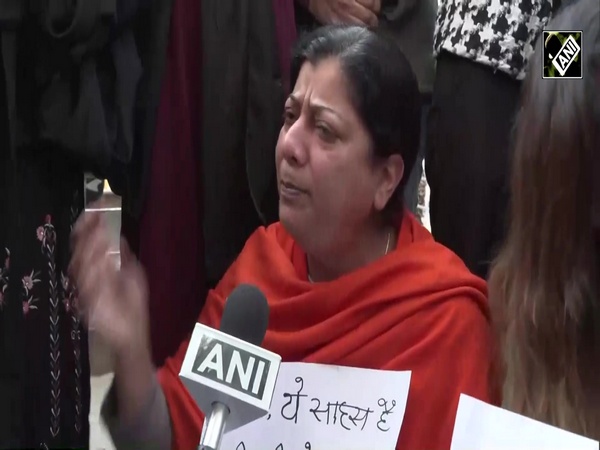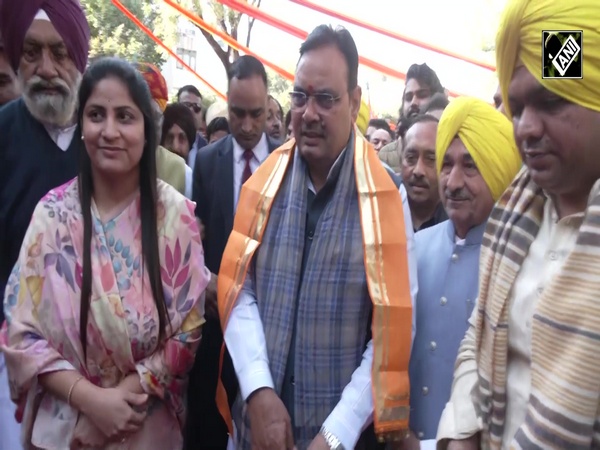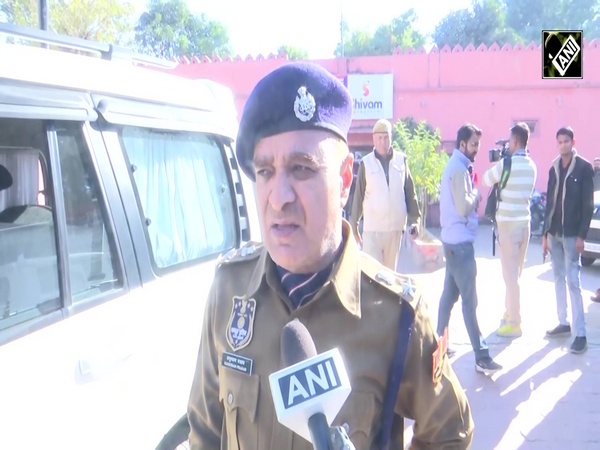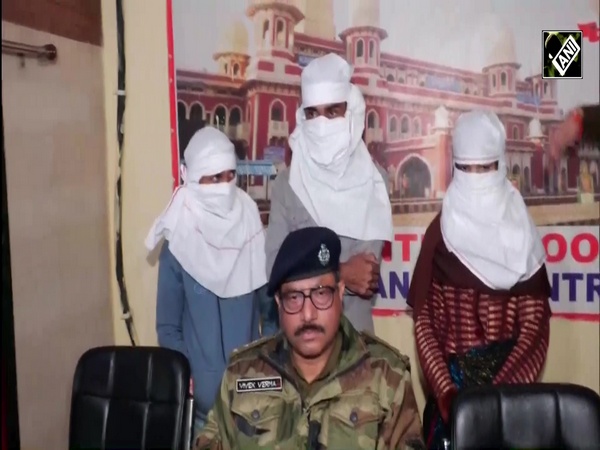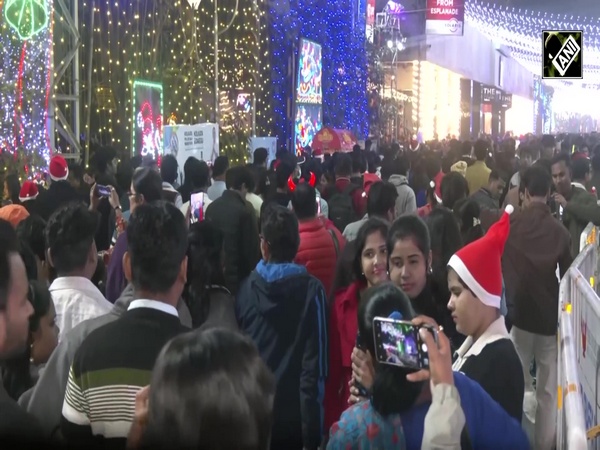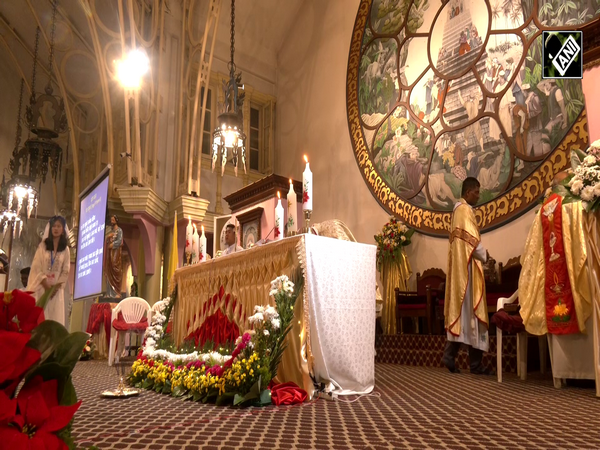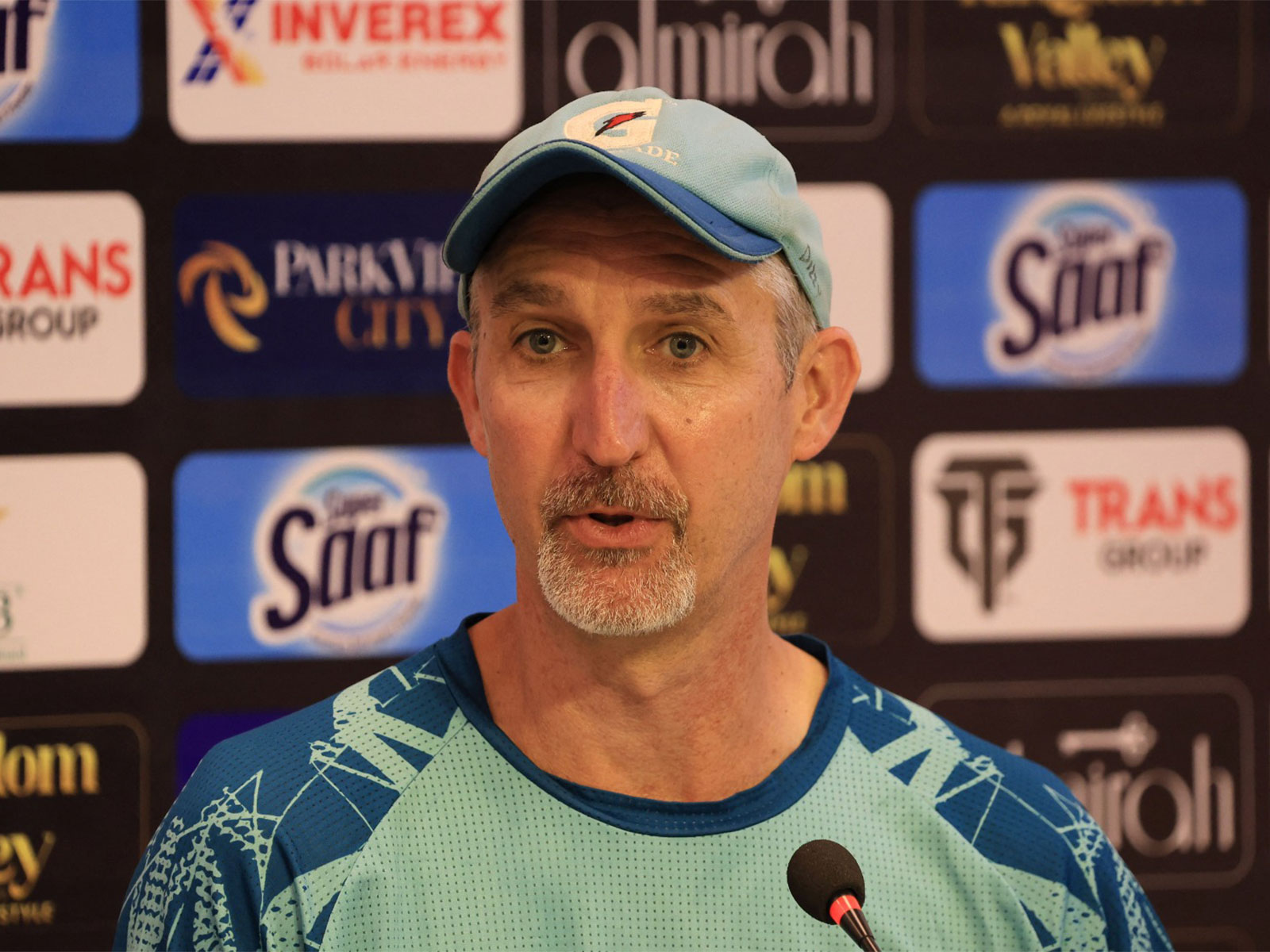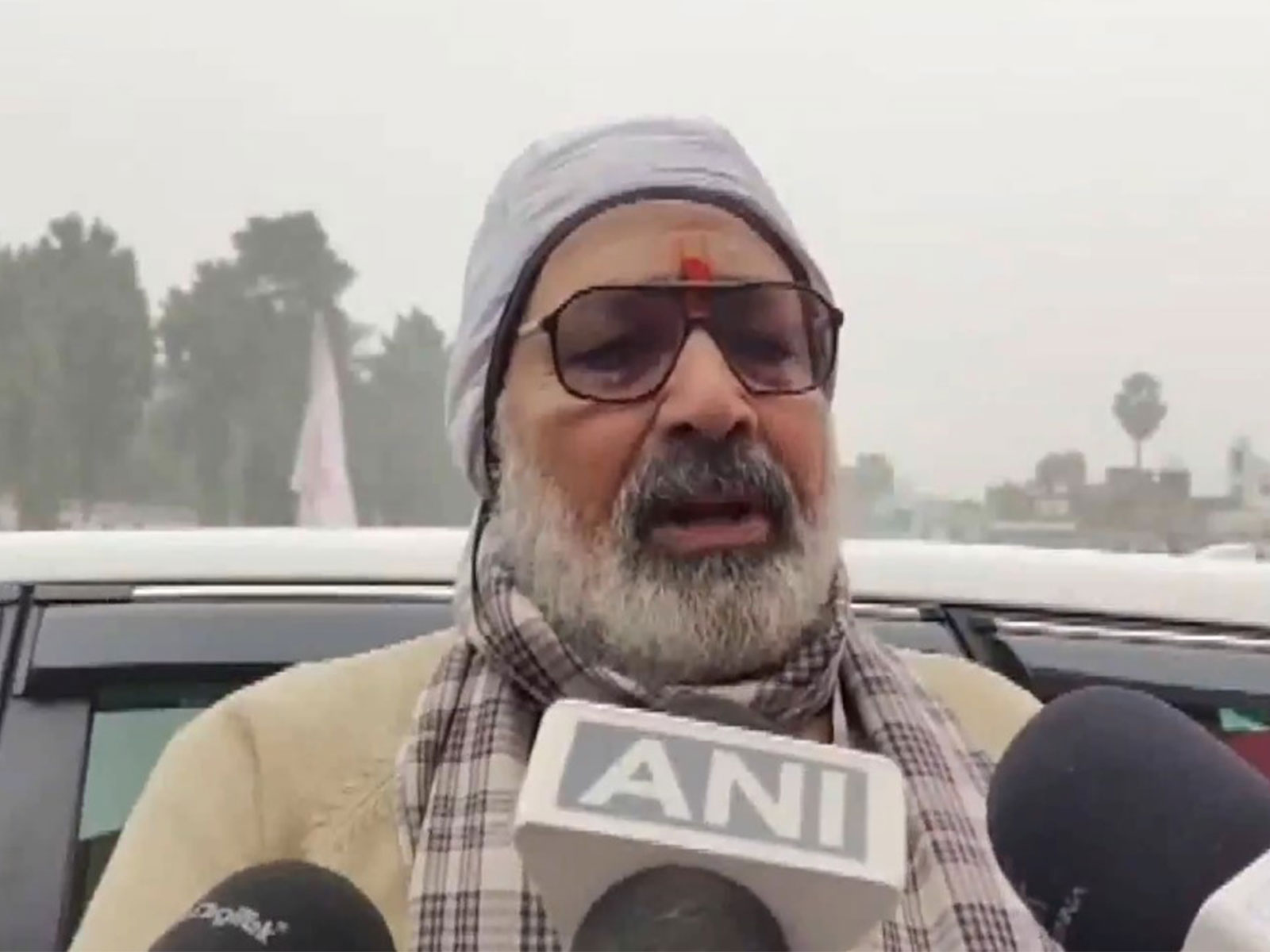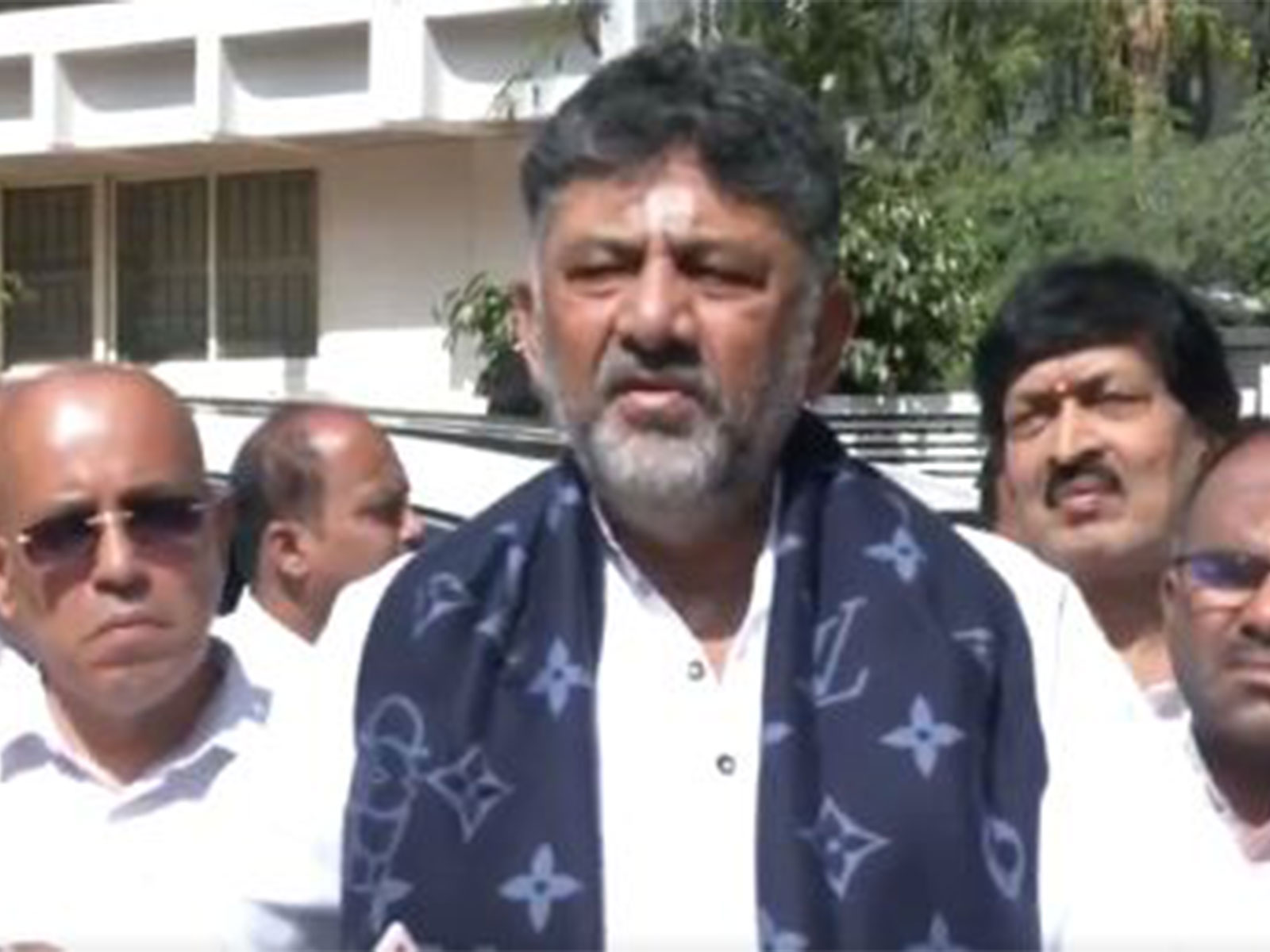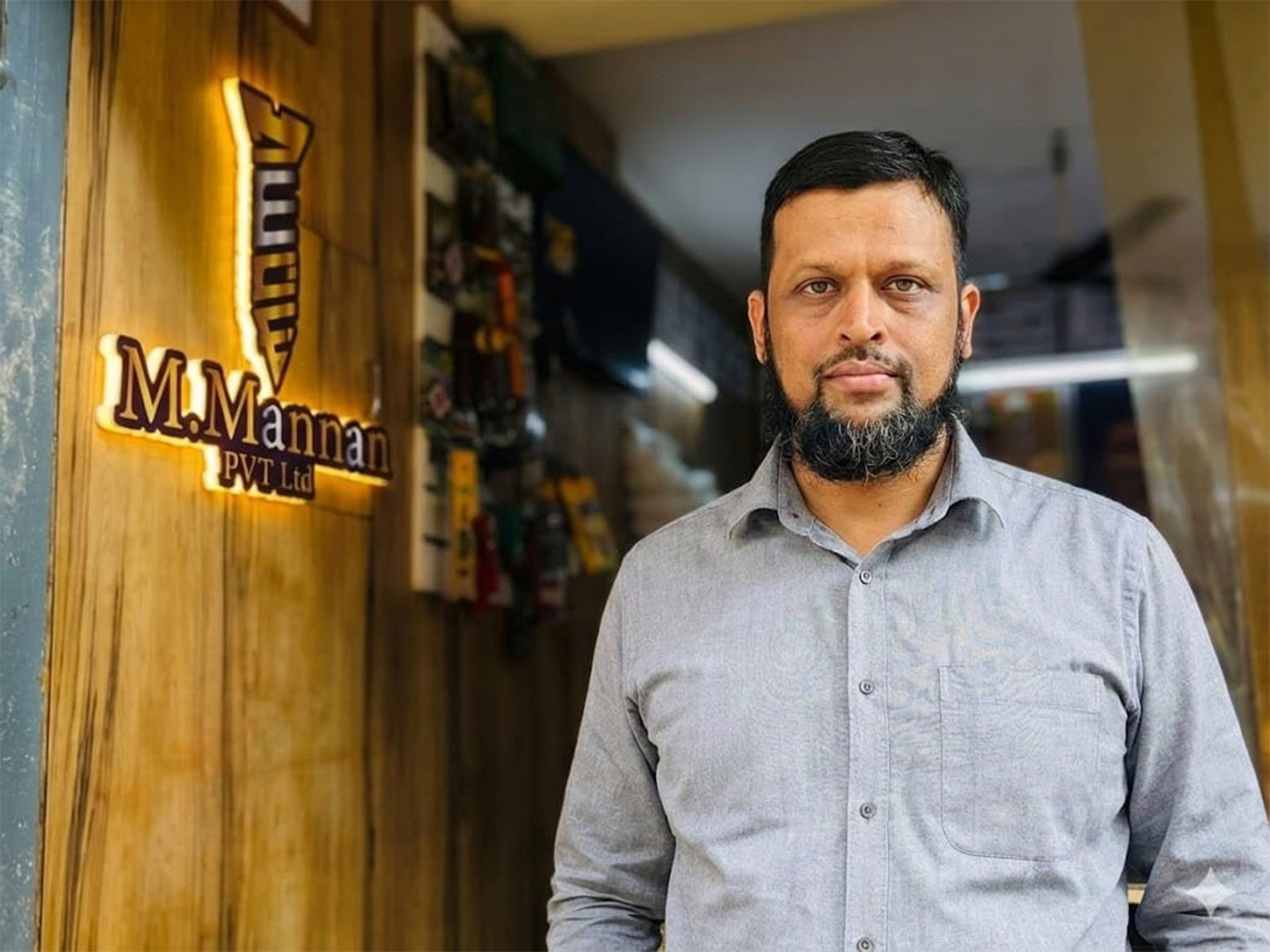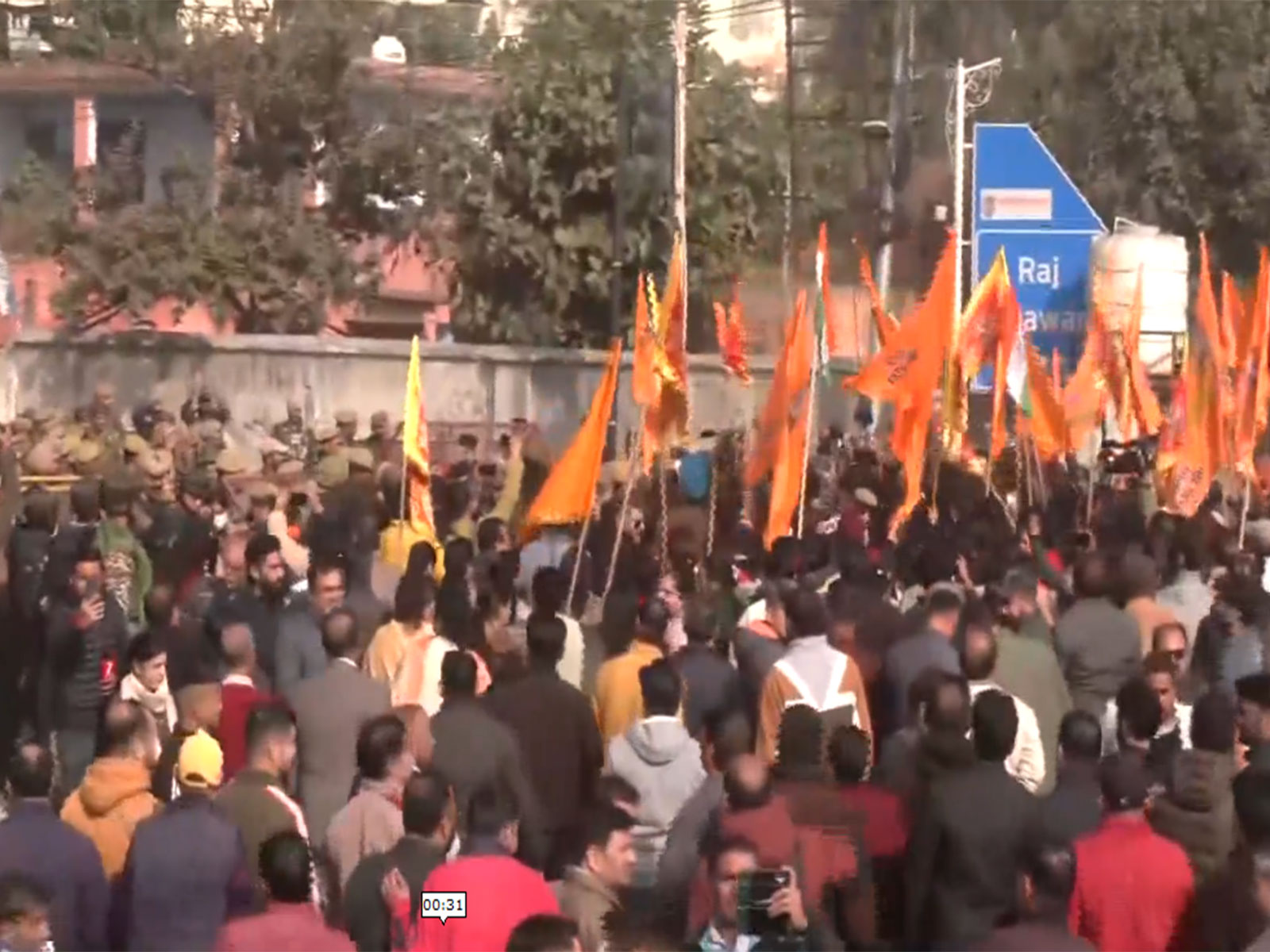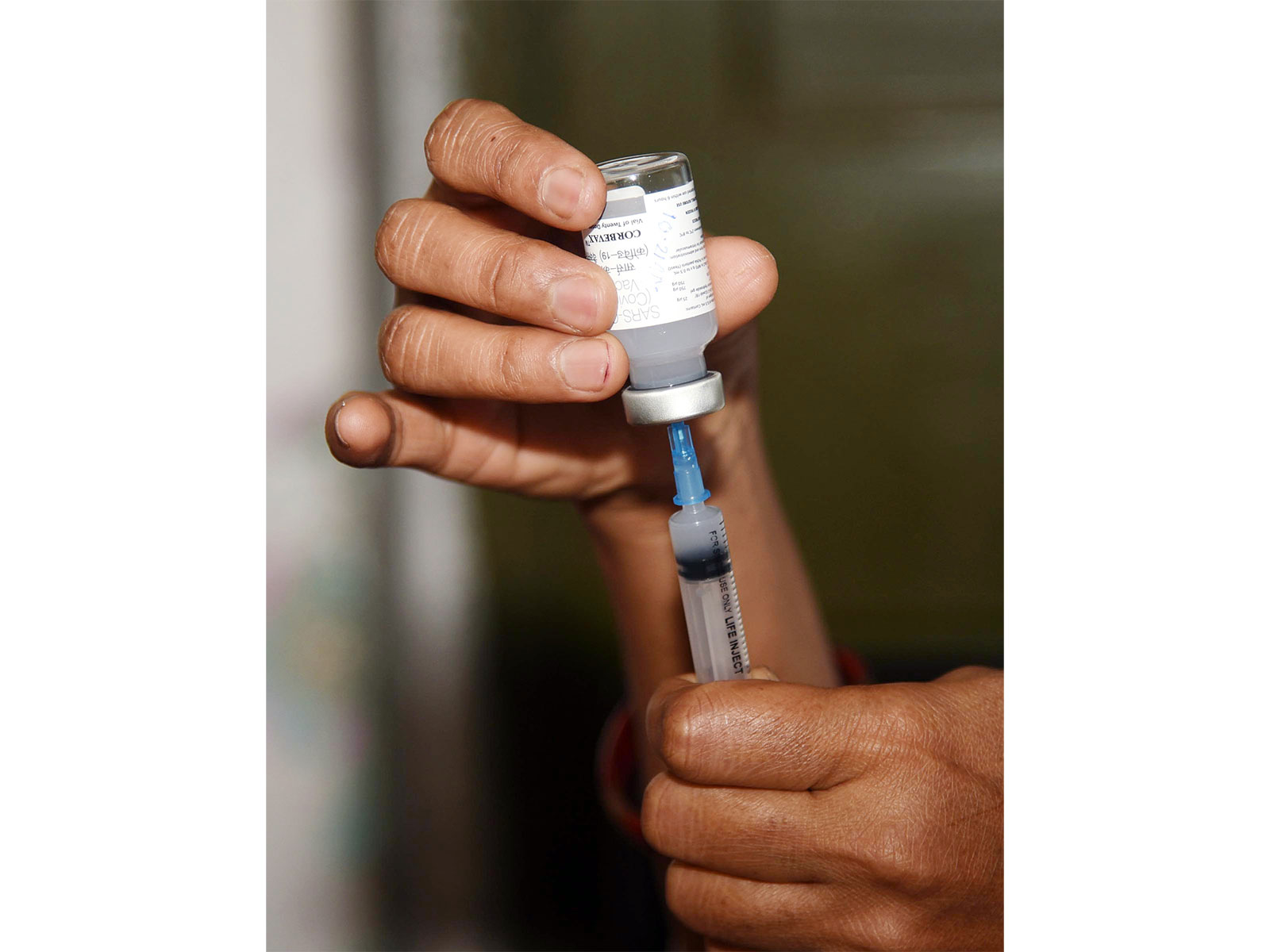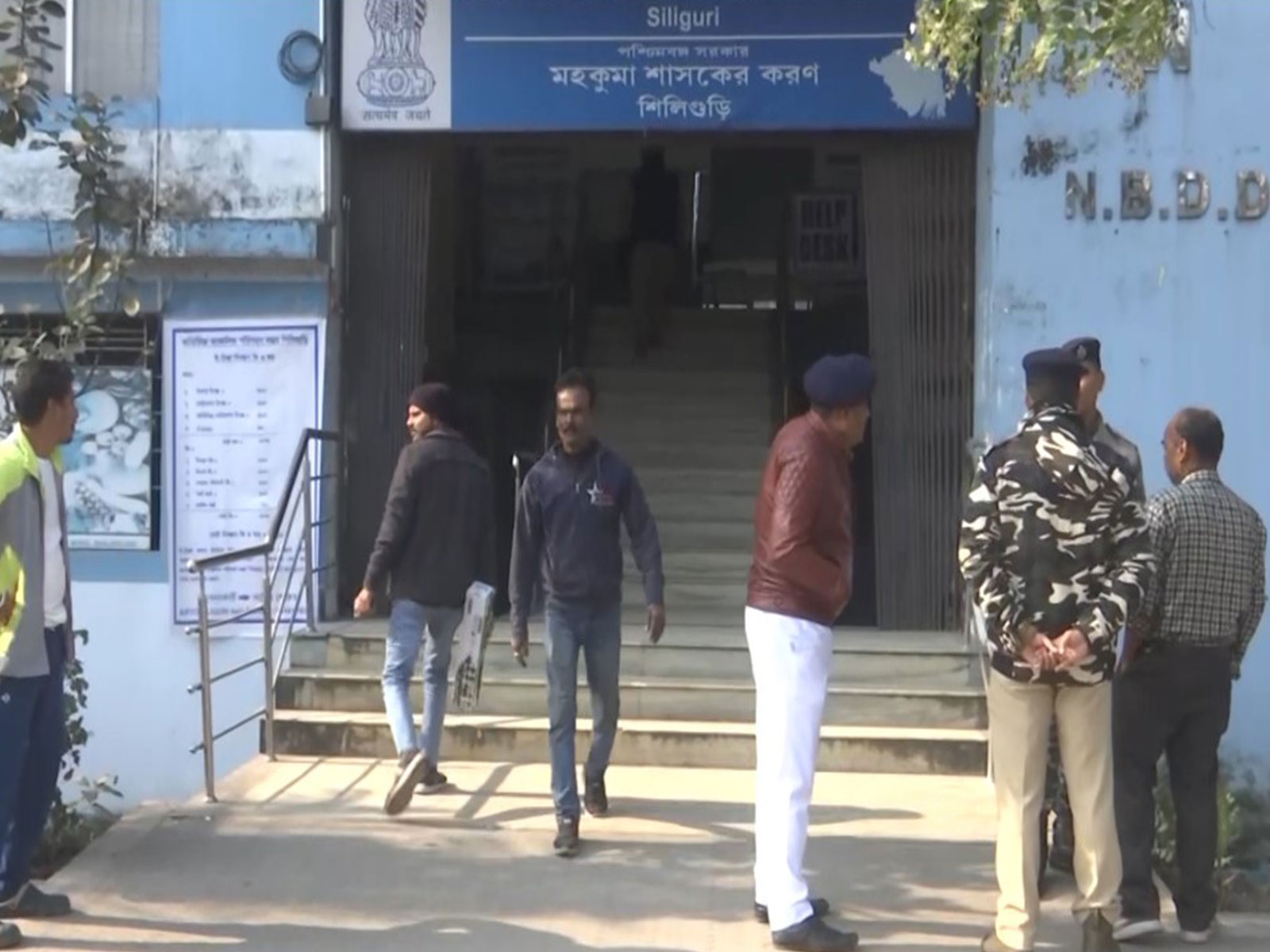
Holding dialogue not Tehreek-e-Insaf type of politics, says Pakistan ruling coalition leader Rana Sanaullah
Oct 20, 2024
Islamabad [Pakistan], October 20 : PML-N leader Rana Sanaullah Khan asserted that the Pakistan Tehreek-e-Insaf (PTI) party is not inclined towards dialogue, emphasising the party's consistent political behaviour over the past decade.
"It is my considered opinion that the PTI could not be convinced, creating consensus or holding dialogue is not the PTI's type of politics," said Sanaullah, who serves as a special assistant to the Pakistan Prime Minister on political affairs, ARY News reported.
Sanaullah further elaborated on the Tehreek-e-Insaf party's approach, stating, "They will do, what they are doing for the last 10 years." He criticised the party for being insincere, suggesting they were "talking something else over there and pretending that they are consulting."
His comments reflect the ongoing political tensions in Pakistan around these situations, particularly regarding the Tehreek-e-Insaf's engagement in legislative matters.
In a related development, the Jamiat Ulema-e-Islam (JUI-F) has called for needing additional time to assess the proposed legislative changes. According to sources, the JUI-F expressed apprehensions about hastily passing amendments without prior sufficient consultation, reported ARY News.
They recommended that the government must refrain from making quick decisions that could lead to unforeseen consequences.
During a meeting, the final draft of the proposed amendments was presented to JUI-F leader Maulana Fazlur Rehman. It was suggested that further discussions were absolutely necessary to fully understand the implications of the changes being proposed.
Amid these discussions, the Pakistan Tehreek-e-Insaf's (PTI) Political Committee has announced its intention to boycott the voting process for the constitutional amendments in both houses of parliament, ARY News reported.
The Committee's official statement highlighted that they would also protest against PTI members of the National Assembly and Senate who choose to participate in the voting process, indicating a growing divide in the political landscape of the country.
